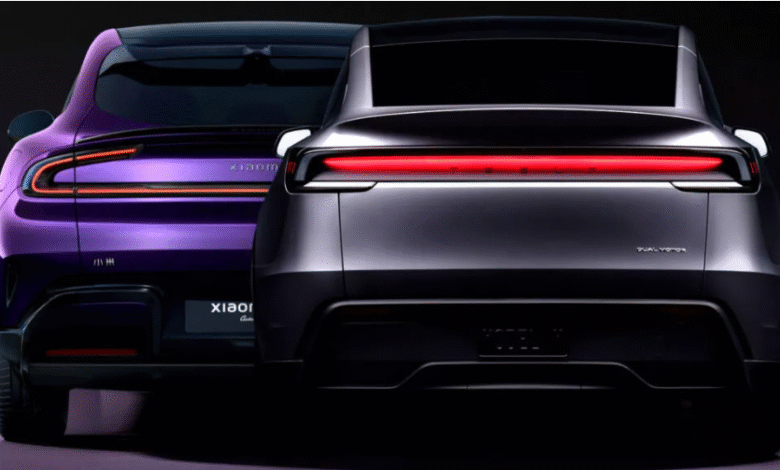Xiaomi Disassembles Tesla Model Y to Benchmark Its YU7 SUV – Lei Jun Opens Up

Xiaomi’s entry into the automotive industry has been nothing short of groundbreaking. Known globally as a consumer electronics giant, the brand has swiftly positioned itself as a strong contender in the EV (electric vehicle) market. With the Xiaomi SU7 sedan and the recently launched YU7 SUV, the company is making waves in China and attracting global attention.
At a recent event in Beijing, Xiaomi’s co-founder and CEO, Lei Jun, revealed a fascinating detail about the company’s development strategy. Earlier this year, Xiaomi purchased three Tesla Model Y SUVs, disassembled them piece by piece, and analyzed every single component. This move, according to Lei, was crucial to benchmarking the YU7 SUV against one of the world’s best-selling EVs.
Borrowing From the Tesla Playbook
Reverse engineering is far from new in the automotive world. For decades, carmakers have purchased competitors’ vehicles, stripped them down to their last bolt, and studied design choices, materials, production techniques, and software integrations. Xiaomi’s approach reflects the same methodology long practiced in industries ranging from smartphones to semiconductors.
In fact, Lei Jun openly acknowledged that Tesla remains the benchmark for EV excellence. “We bought 3 Model Ys at the start of this year, disassembling the parts one by one, and studied every component,” Lei explained during the presentation at the Beijing National Convention Center.
Interestingly, speculation also arose earlier this year when a Xiaomi SU7 prototype was spotted at Ferrari’s Maranello headquarters, fueling rumors that the Chinese brand may also be benchmarking against Ferrari’s upcoming electric sports car.
Learning by Taking Apart
Lei Jun’s transparency is refreshing in an industry where CEOs often exaggerate their brand’s superiority. Rather than dismissing Tesla, Lei praised it:
“If you don’t choose YU7, you can consider Model Y. I’m not criticizing the Model Y. The Model Y is a very, very outstanding car.”
This humble acknowledgment contrasts with many rivals who often claim their models will “destroy Tesla.” Xiaomi instead positions itself as a serious alternative, offering competitive specs, aggressive pricing, and innovative features while still respecting Tesla’s achievements.
Too Much Demand, Not Enough Supply
One of Xiaomi’s biggest challenges right now is not demand — it’s supply. Within just 18 hours of launching the YU7 SUV, Xiaomi registered approximately 240,000 pre-orders. Some buyers have been told they’ll wait more than a year to receive their vehicle.
Facing this overwhelming backlog, Lei Jun even encouraged potential customers to explore other EV options instead of waiting indefinitely. His suggestions included the Xpeng G7, the Li Auto i8, and, of course, Tesla’s Model Y.
This bold honesty highlights both Xiaomi’s confidence in its vehicles and its recognition of the current production constraints.
Why This Matters
Xiaomi’s rise in the EV market underscores a broader shift in the future of electric mobility. As a company that mastered smartphones, AIoT ecosystems, and consumer tech, its entry into cars shows how tech and mobility are converging. By openly learning from Tesla, Xiaomi positions itself not as a copycat but as a fast-evolving player ready to compete on the global stage.
For EV enthusiasts and analysts, the big question remains: will Xiaomi’s YU7 SUV and SU7 sedan expand beyond China and rival Tesla in Europe and North America? Time will tell, but the strategy is clear — learn fast, scale faster.




